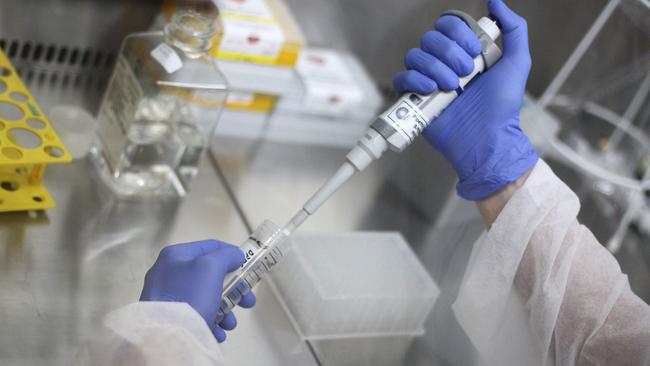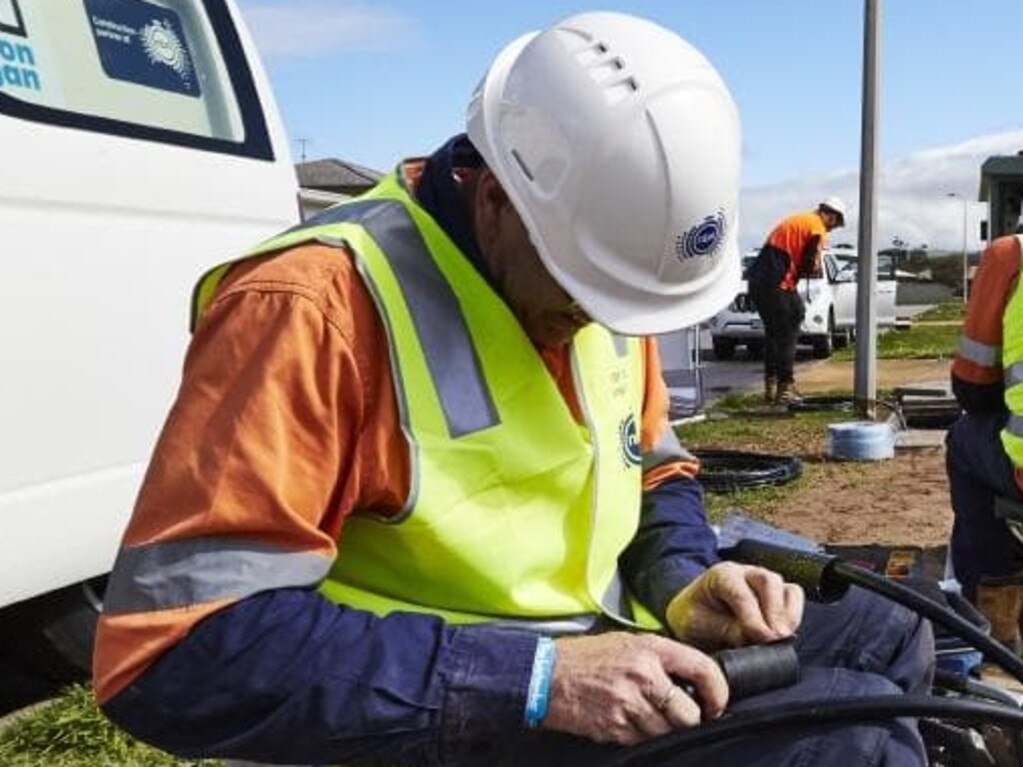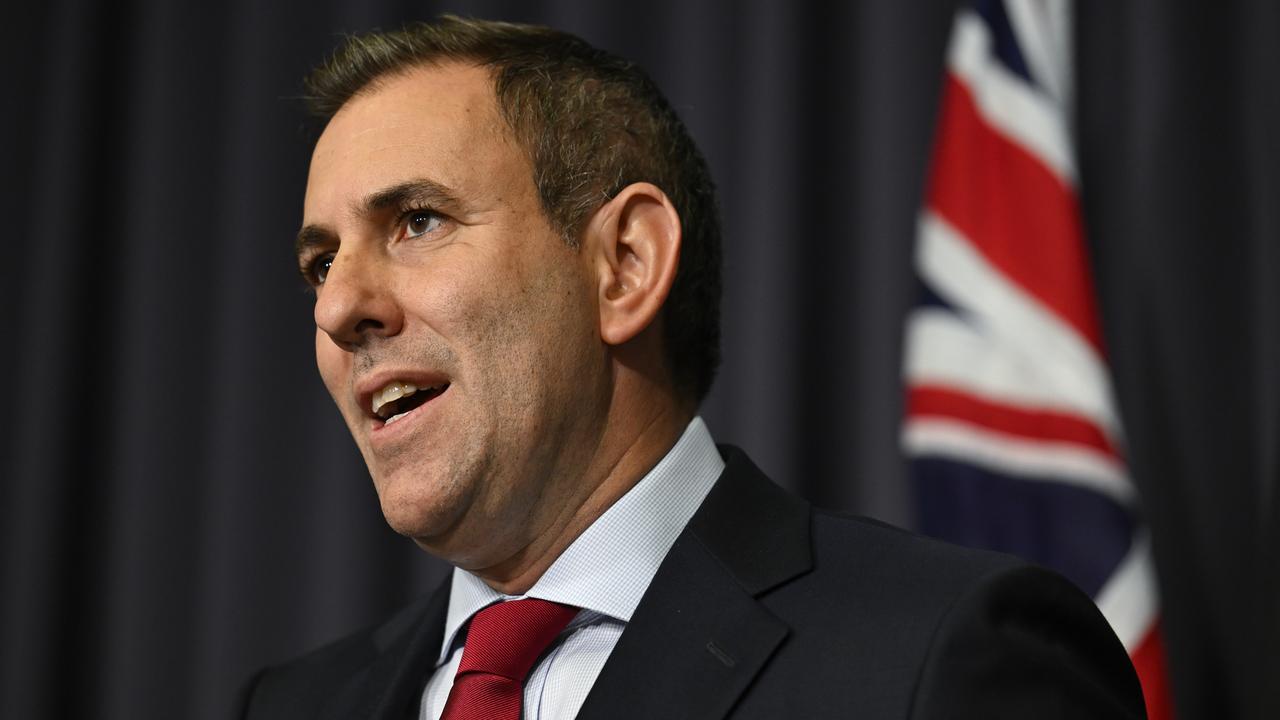Recce shares soar after CSIRO selects its compounds in COVID-19 vaccine development
Shares in local drug developer Recce rocketed more than 52% after CSIRO opted to use its compounds in its fight against COVID-19.

Shares in local drug developer Recce Pharmaceuticals soared more than 52 per cent after CSIRO opted to use the company’s compounds in its fight against COVID-19.
Recce struck an agreement with CSIRO and the Melbourne-based Doherty Institute to enter into their antiviral SARS-CoV-2 screening program.
The two organisations, which are developing a vaccine for COVID-19, will use two of Recce’s products — 327 (a broad-spectrum synthetic antibiotic used to treat blood infections and sepsis) and 529 (a synthetic polymer formulation to treat infections).
The products were granted Priority 1 status, which means they have the “highest or strong likelihood of antiviral or antiseptic efficacy”.
The antiviral program is part of the Australian government’s efforts to identify promising antiviral candidates and fast-track research into potential treatments for COVID-19.
The need for a coronavirus vaccine, which is expected to take at least another 12 months to develop, has become more acute after Melbourne re-entered a six-week lockdown. Victorians have been barred from entering NSW, Queensland and South Australia after a fresh spike of COVID-19 infections in Australia’s second most populous state.
Recce’s shares soared 52.2 per cent higher to $1.03 in early afternoon trade on Thursday against a 0.9 per cent rise across the broader sharemarket.
Recce chairman John Prendergast said under the agreement, the company would retain all intellectual property rights. He added that Recce would fund the first stage of the program’s development, which is expected to cost $35,000.
Dr Prendergast said if testing progresses, costs will increase at each stage.
“The company will make (an) announcement in relation to progress to any further stage, and will detail any material associated costs,” he said.
“We are very pleased to have been selected by the CSIRO, one of the largest and most diverse scientific research organisations in the world, to investigate the efficacy of two of our promising compounds against SARS-CoV-2.
“The compounds’ unique, universal mechanisms of action indicate the potential to attack a broad range of viruses and as well, overcome the threat of viruses’ typical hyper-mutation into new and deadly pathogens.”
It comes after CSIRO researchers last week found that lab-grown cells from the upper layer of the airway to the lungs — the human bronchial epithelium — reliably mimic a live person’s airway’s response to viruses.
CSIRO research scientist Elizabeth Pharo said the airway model could potentially be used to screen up to 100 antiviral compounds within three months, and CSIRO is exploring ways to further accelerate screening including the use of robotic technology.
“For many respiratory diseases, such as COVID-19, the airways act as the ‘first responders’ to inhaled pathogens,” Dr Pharo said.
“When we infected our airway epithelial cultures with the 2009 pandemic H1N1 influenza virus, the cells had the same innate immune response as in a live person’s airway.
“It’s hoped this work will help improve our understanding of how COVID-19 may affect people with pre-existing lung conditions,” she said.
Australia’s biggest health company, CSL, is also developing a COVID-19 vaccine with the University of Queensland, while stem cell-focused biotech Mesoblast is completing a trial on a treatment for people with potential lethal coronavirus complications.







To join the conversation, please log in. Don't have an account? Register
Join the conversation, you are commenting as Logout